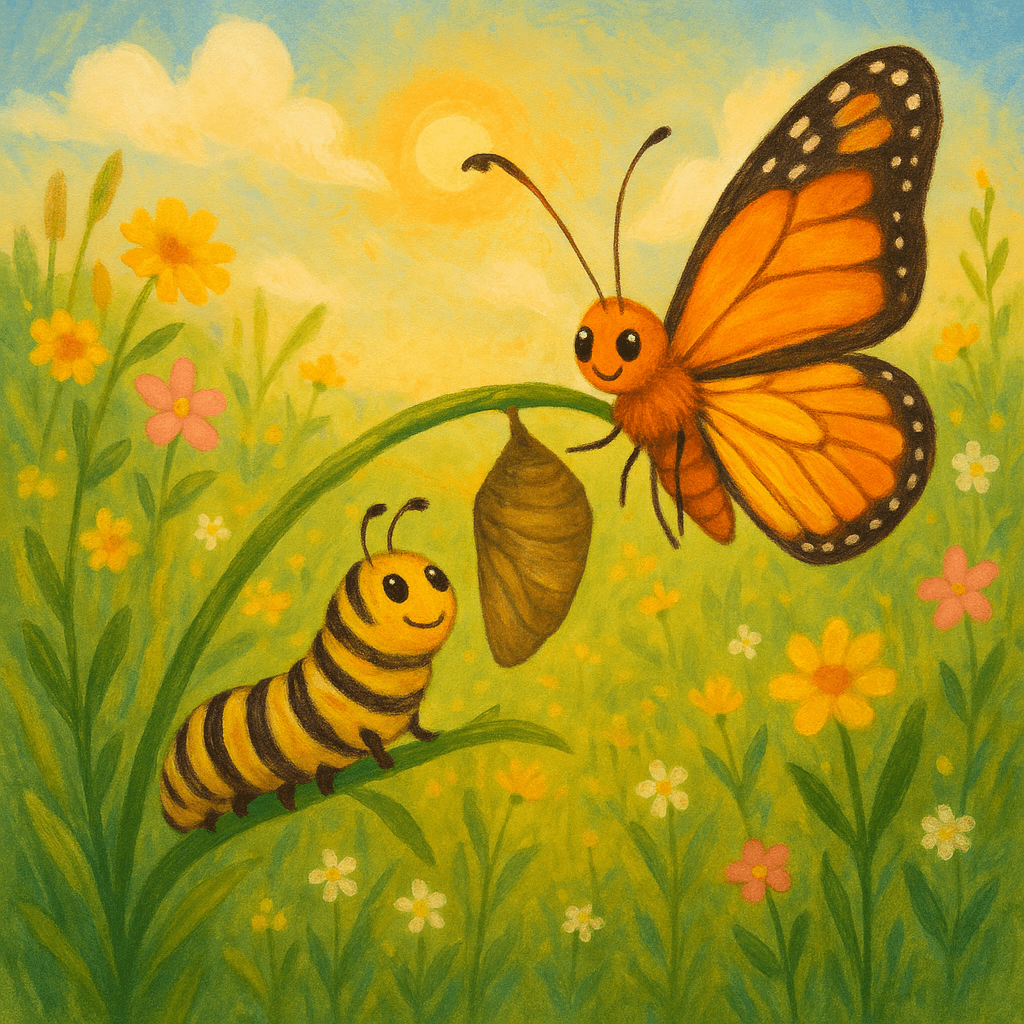True Friendship: The Freedom to Be Yourself

A friend is someone who gives you total freedom to be yourself. — Jim Morrison
Defining Authentic Friendship
Jim Morrison’s observation captures the essence of true friendship: the ability to be wholly oneself in another’s company. Rather than expecting conformity or presenting a façade, an authentic friend embraces the other’s quirks, dreams, and vulnerabilities. This notion stands in contrast to relationships constrained by societal expectations or judgment, signifying that friendship flourishes where acceptance reigns.
Historical Perspectives on Companionship
Throughout history, philosophers have grappled with the nature of friendship. Aristotle, in his 'Nicomachean Ethics' (c. 350 BC), described the highest form of friendship as one based on virtue and mutual appreciation. Friends, for him, help each other become their best selves not through coercion, but by fostering a climate of encouragement and trust—mirroring Morrison’s ideal of unburdened self-expression.
Personal Growth Through Freedom
Expanding on this idea, the freedom to be oneself enables personal growth within friendships. When individuals are free from pretense, they explore new facets of their identity, take creative risks, and confront personal challenges. Psychologist Carl Rogers, in 'On Becoming a Person' (1961), highlighted the importance of ‘unconditional positive regard’—the very heart of Morrison’s statement—as the key ingredient in both therapeutic relationships and genuine friendships.
Challenging the Fear of Judgment
Nevertheless, many people hesitate to reveal their true selves, fearing rejection or criticism. Yet, as Morrison suggests, a genuine friend provides a safe haven where masks are dropped and honesty prevails. Anecdotal stories abound of individuals who, upon encountering such friends, experience profound relief and newfound confidence, suggesting that unconditional acceptance is transformative.
Cultivating Freedom in Our Friendships
Ultimately, the challenge is to both seek out and become that kind of friend—one who encourages sincerity and accepts others as they are. By doing so, we foster relationships rooted in trust and freedom, where growth is mutual. As Morrison’s simple yet profound insight reminds us, friendship’s highest gift is the space to exist, unapologetically and authentically, in the presence of another.